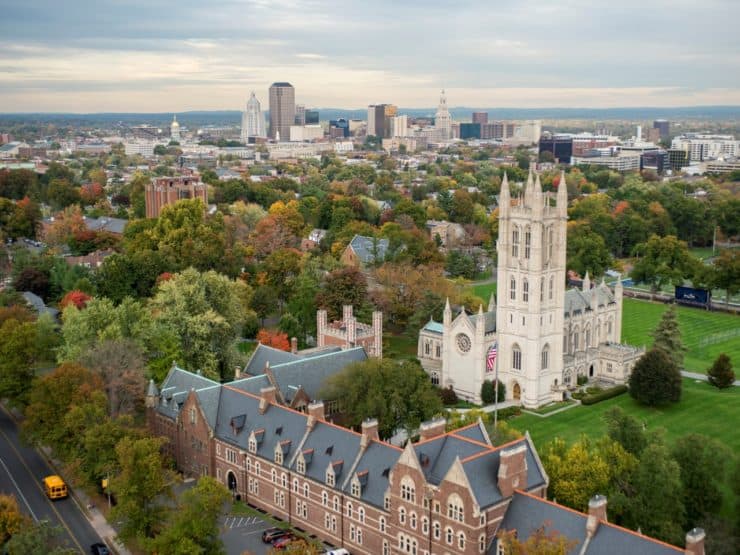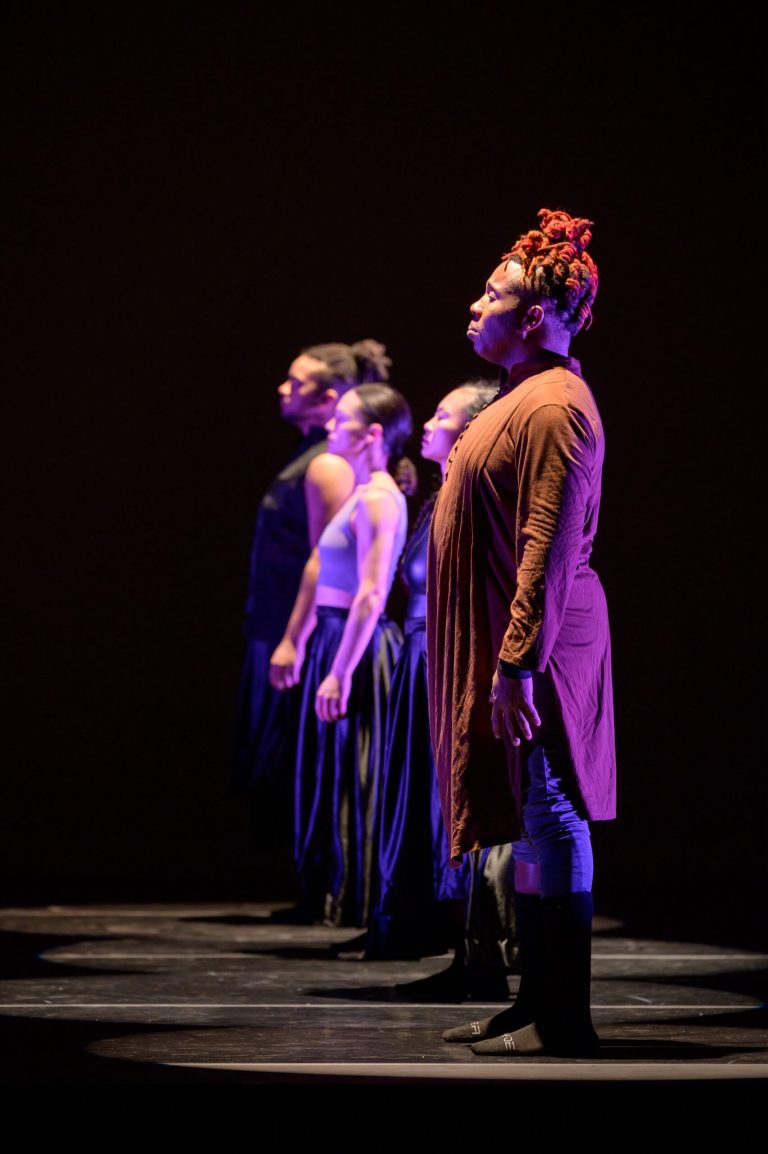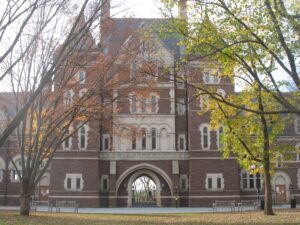Jack P. Carroll ‘24
Managing Editor
Trinity College will require students, faculty, and staff to obtain a COVID-19 booster shot for the spring 2022 semester, according to an email from Chief of Staff Jason Rojas and Vice President for Student Success and Enrollment Management Joe DiChristina Tuesday Morning.
“It is clear that a highly vaccinated community, with the additional protections of a booster shot, is our most effective strategy to mitigate transmission of the virus, preventing serious illness, and ensuring that we can continue to live, learn, and work together,” said Rojas and DiChristina. They cited the emergence of the Omicron variant and guidance from the Centers for Disease Control.
The mandate will go into effect on Tuesday, Feb. 1, 2022. All vaccinated students, staff, and faculty must submit proof of a booster shot within 30 days of becoming eligible. In addition, students will be required to show proof of a negative COVID-19 test administered within 72 hours of arrival. Students who are unvaccinated and have an approved exemption will be tested upon arrival while those who are vaccinated will not be tested.
The new vaccine policy follows Trinity’s booster shot clinic in late November. DiChristina told the Tripod that approximately 700 members of the community participated in the four-day clinic last month. He indicated that many individuals obtained a booster shot on their own and that 98 percent of students and employees are vaccinated. The College will host another on-campus clinic from Jan. 31 through Feb. 2.
Trinity joins the ranks of other colleges and universities nationwide which are mandating booster shots. Syracuse University, St. Olaf College, and the University of Massachusetts-Amherst announced earlier this month that they will require eligible students to obtain a booster shot before returning in the spring. Some of Trinity’s peer NESCAC institutions–including Amherst, Middlebury, Bowdoin, and Wesleyan–have also mandated booster shots.
Rojas and DiChristina also announced that the following protective measures will remain in place for the spring among a list of others: mandatory masks indoors, capacity limits for certain campus gatherings, mandatory COVID-19 vaccines for indoor visitors, and weekly testing for unvaccinated students and plans to quarantine individuals who test positive.
In an email to the community earlier this semester, DiChristina reported that many students were not complying with the mask mandate. “While compliance with mask wearing in class rooms has been strong, there have been reports of a lack of compliance in common areas such as the dining hall, the fitness center, and the library,” said DiChristina. DiChristina told the Tripod that the College seeks to avoid disciplinary action and that mask compliance remains an issue in spaces that are more difficult to monitor and enforce. “We will consider limiting access to those spaces or disciplinary action for individuals if needed,” said DiChristina.
The College’s testing program and dashboard updates have also been deemed insufficient. Last fall, students pointed out that Trinity and Wesleyan were the only colleges in the NESCAC which declined to update their dashboards daily. Similar complaints have been made this past semester as Trinity continues to update its dashboard only twice per week. Other schools in the NESCAC–including Williams, Amherst, Hamilton, Colby, and Tufts–update their dashboards daily or every weekday.
DiChristina did not indicate whether the College will begin updating its dashboard on a more frequent basis. He instead told the Tripod that “We are actively engaged in evaluation and planning for the spring. Again, we update the dashboard when there is data to report. We appreciate there are some members of our community who prefer more frequent updates.”
Trinity’s plans to reinstate capacity limits marks a shift from its recent decision to relax restrictions on indoor, non-classroom events. The College currently allows many events–including student organization meetings, performing arts, lectures, social houses, and athletic facilities–to function at 100 percent capacity. Up until November, Trinity maintained a 50 percent capacity limit on all indoor, non-classroom events.
Trinity finished the fall semester on Tuesday, Dec. 14 with 0 active cases among students, faculty, and staff, according to the dashboard. There have been a total of three positive test results since October 11th.
As of Friday, Dec. 17 there are a total of 7 active cases (6 students, 1 employee/affiliate) according to the dashboard. There was one positive case on Monday, Dec. 13 that did not appear on the dashboard at the time this article was published.
This article was updated on Thursday, Dec. 23rd to include comment from DiChristina.







+ There are no comments
Add yours